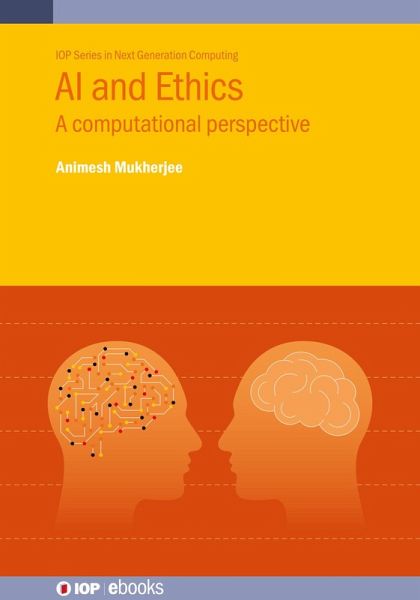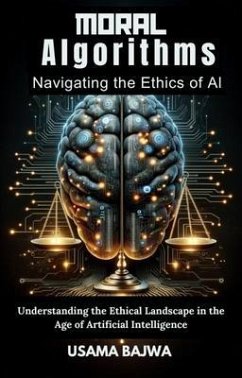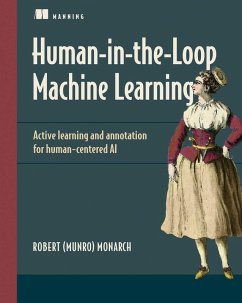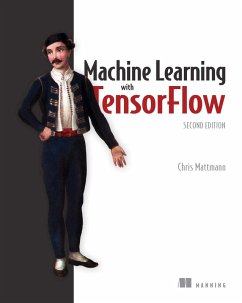
AI and Ethics (eBook, ePUB)
A computational perspective

PAYBACK Punkte
24 °P sammeln!
Developed from a graduate course this book examines some of the deep issues that have become very relevant due to the increasing use of AI in recent times. The book discusses various aspects ranging from the effects of proliferation of algorithmic decision making, autonomous systems, explainability in machine learning, the question of balance between regulation and innovation, the adversarial role of AI in information dissemination and the questions of individual rights, fairness and discrimination. Taking a computational approach, rather than one dominated by philosophical or legal discussion...
Developed from a graduate course this book examines some of the deep issues that have become very relevant due to the increasing use of AI in recent times. The book discusses various aspects ranging from the effects of proliferation of algorithmic decision making, autonomous systems, explainability in machine learning, the question of balance between regulation and innovation, the adversarial role of AI in information dissemination and the questions of individual rights, fairness and discrimination. Taking a computational approach, rather than one dominated by philosophical or legal discussions, this book is geared toward increasing awareness of the immediate moral and legal repercussions of the presence and possibly dominance of AI in our society.
Key Features:
Key Features:
- An investigation of the ethical ramifications of algorithmic decision making
- Methods to ensure fairness in AI algorithms
- Explainability/accountability of the AI algorithms
- Governance of platform companies
- Includes case studies to help the reader understand the importance of each of the topics covered.
Dieser Download kann aus rechtlichen Gründen nur mit Rechnungsadresse in A, D ausgeliefert werden.













